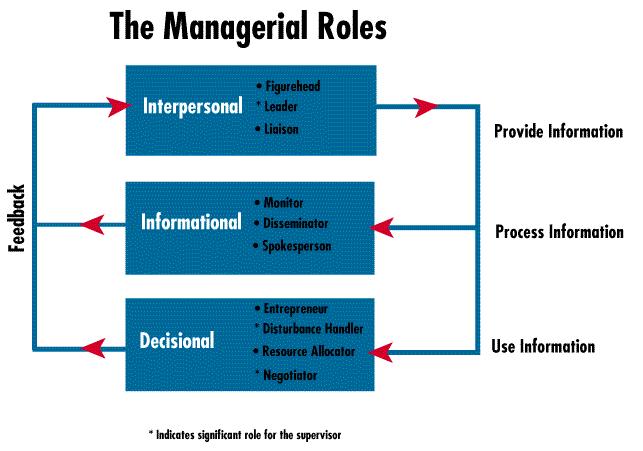There has been a growing trend towards professionalization of management. Professionalization imparts a certain social responsibility and dignity to management. A professional cannot be controlled or directed by the client. He has professional knowledge and judgment which he uses to make his decision. Thus, professionalization makes business more efficient, dynamic and socially responsible. The growth of management education has contributed to professionalization in the business field. The company form of business organization which has split ownership from management and the gaining popularity of the company form of business organization have increased the need for professional managers. Is Management a Profession? To answer this question, first of all we should understand what a profession is. Many authorities on the subject have attempted to define a profession. According to Abraham Flexner, A profession is; A body of specialized knowledge and recognized educational process of acquiring it. A standard of qualifications governing admission Continue reading
Abey Francis
Elton Mayo’s Hawthorne Experiment and It’s Contributions to Management
The term “Hawthorne” is a term used within several behavioral management theories and is originally derived from the western electric company’s large factory complex named Hawthorne works. Starting in 1905 and operating until 1983, Hawthorne works had 45,000 employees and it produced a wide variety of consumer products, including telephone equipment, refrigerators and electric fans. As a result, Hawthorne works is well-known for its enormous output of telephone equipment and most importantly for its industrial experiments and studies carried out. Hawthorne Experiment by Elton Mayo In 1927, a group of researchers led by Elton Mayo and Fritz Roethlisberger of the Harvard Business School were invited to join in the studies at the Hawthorne Works of Western Electric Company, Chicago. The experiment lasted up to 1932. The Hawthorne Experiment brought out that the productivity of the employees is not the function of only physical conditions of work and money wages paid Continue reading
Most Important Functions of Management
Some would define management as an art, while others would define it as a science. Whether management is an art or a science isn’t what is most important. Management is a process that is used to accomplish organizational goals; that is, a process that is used to achieve what an organization wants to achieve. An organization could be a business, a school, a city, a group of volunteers, or any governmental entity. Managers are the people to whom this management task is assigned, and it is generally thought that they achieve the desired goals through the key functions of management. Some would include leading as a managing function, but for the purposes of this discussion, leading is included as a part of directing. The elements of management process are known as functions of management. However various authors have classified these differently. Henry Fayol classified the major functions of management into Continue reading
Managerial Skills and Roles
Managerial Skills Managers at every level in the management hierarchy must exercise three basic types of skills: technical, human, and conceptual. All managers must acquire these skills in varying proportions, although the importance of each category of skill changes at different management levels. Technical skills: Technical skills refer to the ability and knowledge in using the equipment, techniques and procedure involved in performing specific tasks. These skills require specialized knowledge and proficiency in the mechanics of a particular. Technical skills lose relative importance at higher levels of the management hierarchy, but most top executives started out as technical experts. Human skills: Human skills refer to the ability of a manager to work effectively with other people both as individual and as members of a group. Human skills are concerned with understanding of people. These are required to win cooperation of others and to build effective work teams. Conceptual skills: Conceptual Continue reading
Management Levels in an Organization
The term level of management refers to a line of demarcation between various managerial positions. The number of levels of management depends upon the size, technology, degree, of diversity and nature of product. There are mainly three levels of management in most of the organization. Top level management Middle level management Lower level management The extent to which managers perform the functions of management – planning, organizing, directing, and controlling – varies by level in the management hierarchy. 1. Top Level Management Top level consists of the board of directors, general manager and other senior executives. They fix the objectives of the organization. They fix the objectives of the organization. They prepare policies and takes important decisions to accomplish the objectives of the organization. They issue instruction and orders to lower level management. Every organization runs by the managers in that organization, who are taking opinion in the all step Continue reading
Is Management is an Art or a Science?
Is management characterized as an art, as a science or both? In order to investigate the nature of Management, it would be useful firstly to define it. According to Drucker “Management is about human beings. Its task is to make people capable of joint performance, to make their strengths effective and their weaknesses irrelevant. This is what organization is all about, and this is the reason why management is the critical, determining factor”. Nowadays, practically everyone works for a managed institution, large or not, business or not. Our living actually depends on management. The ability we have to contribute to society, depends firstly on the way, the institute we work for, is managed and furthermore on our own abilities, devotion and effort. For years now, there has been a great debate on whether management can be characterized as a science or as an art. Management as an Art Art is Continue reading



